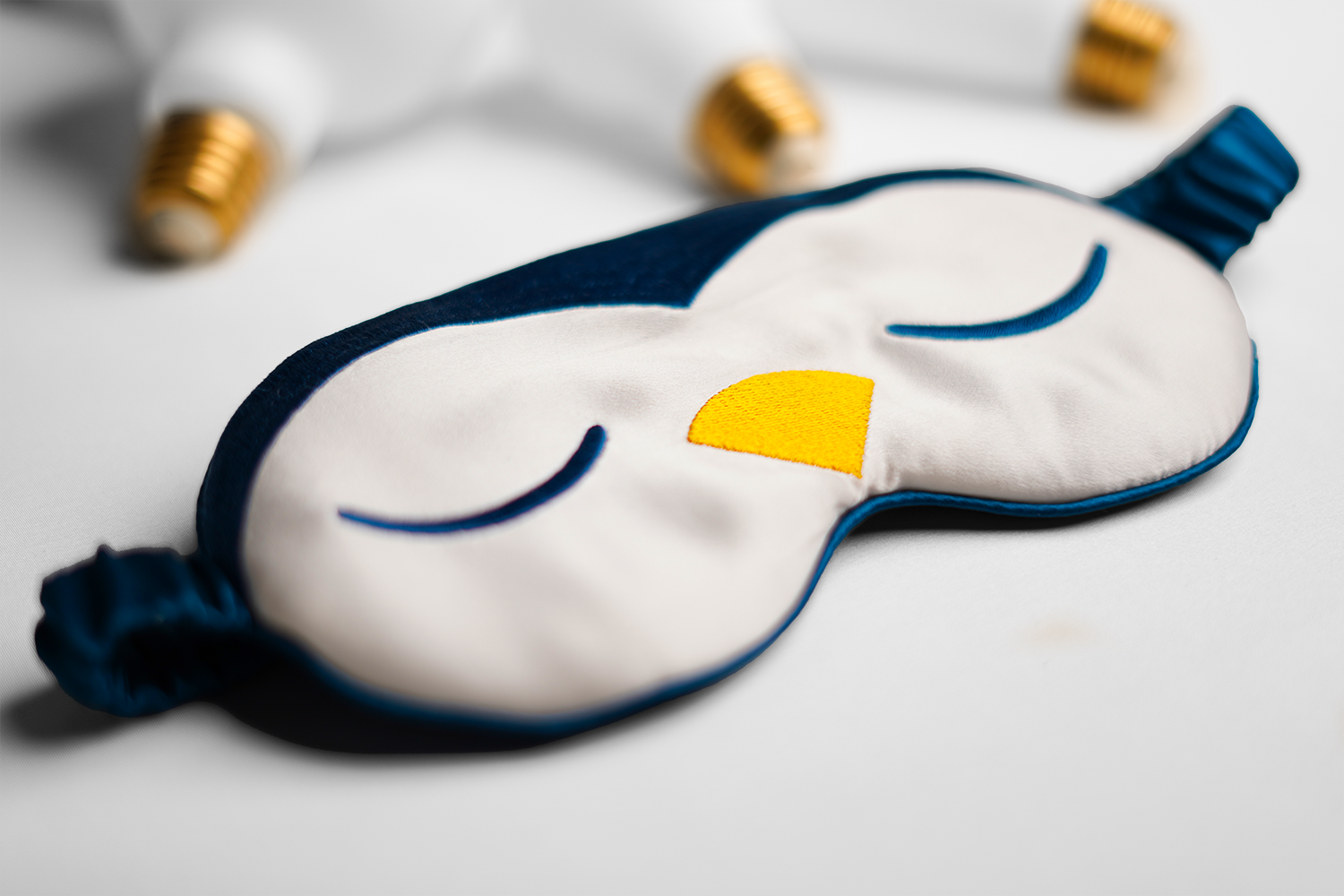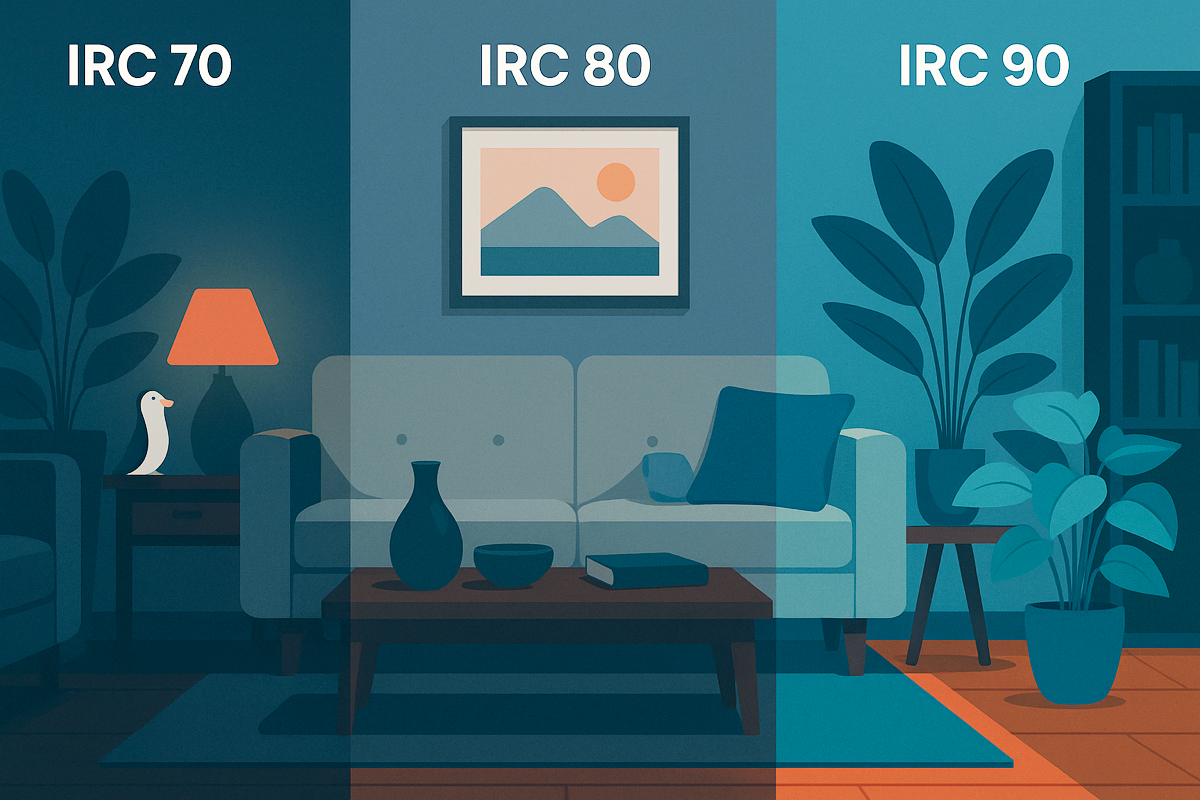Reading time: 4 min
In short:
Should you sleep on a plane? It all depends on your arrival time zone. If poorly managed, in-flight sleep can aggravate jet lag. If used correctly, it can change everything. This article helps you make the right choice—with a bonus ally at the end of the page.
📌 Summary
Sleeping on the Fly: Good or Bad Idea?
A nap on board may seem tempting, especially on a long flight. But falling asleep at the wrong time can disrupt your biological rhythm.
If you sleep while your destination is in broad daylight, you risk not sleeping the next night. The result: prolonged fatigue, mood swings, and difficulty adjusting.
Conversely, fighting sleep when it's 2 a.m. at your destination can disrupt your internal rhythm and delay synchronization.
How do you know when to sleep?
A simple rule of thumb: adjust to your arrival time from the moment you board the plane. If you're landing in the morning, try to sleep during the flight. If you're arriving in the evening, stay awake.
Check the local time as soon as you board and plan your sleep accordingly. This allows your body to gradually adjust and limits the effects of jet lag.
This advice is especially valid for long-haul flights, where the time zone difference becomes significant. The goal: to arrive already partially adjusted.
The secret: simulate local light
Light is the primary anchor of your internal clock. On airplanes, the cabin often remains dark or out of sync with your destination time zone.
To optimize your pace, simulate the lighting at your destination: bright exposure during the day, darkness at night. Even with the curtains drawn or the neighbors' lights on.
💡 With Laqi bulbs, you can reproduce the dawn or dusk of any city.
The right tools for sleeping well
A good mask can make all the difference on a brightly lit plane. The Laqi mask blocks blue light and promotes melatonin production.
- Wear it during simulated dark phases
- Pair it with slow, deep breathing
💬 FAQ
Can I sleep on a day flight?
Only if you arrive at night. Otherwise, stay awake to avoid disrupting your routine.
Is jet lag worse heading east?
Yes. Traveling east shortens your days, which is harder on your body clock.
How many hours of jet lag does it become problematic?
Effects can occur from as little as 3 time zones away. Beyond 6, the risk of disruption is significant.
Sleeping on the plane? Yes, but not just any time.
Good sleep in flight starts with one thing: thinking about arrival time. By adjusting your light and sleep patterns at your destination, you regain control of your rhythm. And for that, Laqi can support you, even at altitude.














